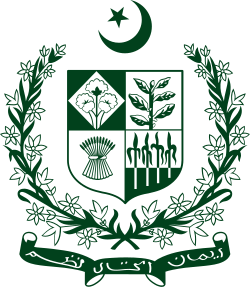 | |
| Intelligence agency overview | |
|---|---|
| Formed | 24 November 2020 |
| Headquarters | Islamabad, Pakistan |
| Intelligence agency executive | |
The National Intelligence Coordination Committee (NICC) of Pakistan is headed by the Director General of Inter-Services Intelligence. [1] [2] The overarching intelligence coordination body was given assent by the Prime Minister of Pakistan Imran Khan in November 2020. [3] It held its inaugural session on June 24, 2021, marking the date the committee became functional.